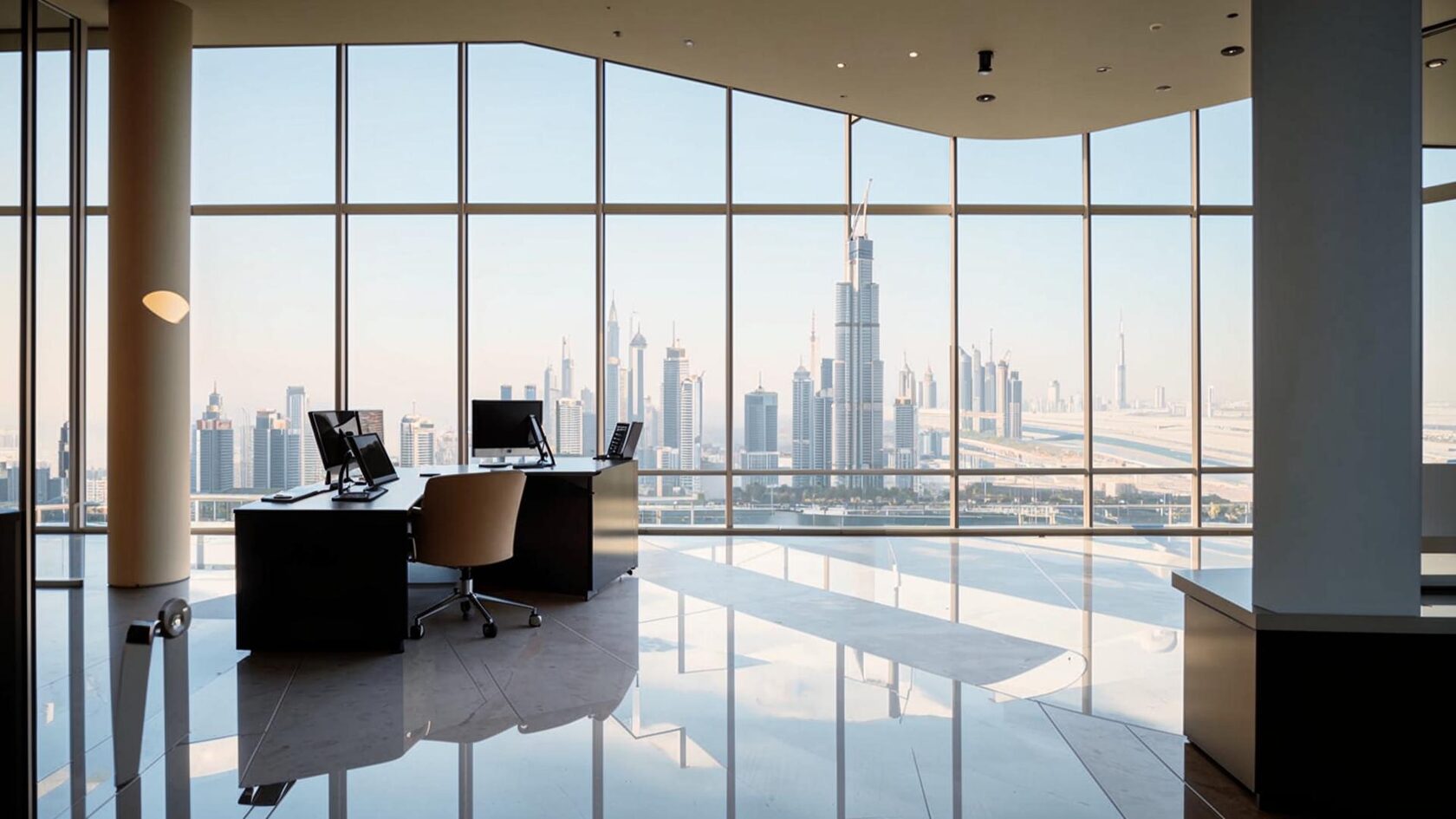Insider Tips for Buying a Successful Restaurant Business in Dubai

Dubai's vibrant culinary scene offers a plethora of opportunities for aspiring restaurateurs. With numerous restaurant businesses for sale in Dubai, investors have the chance to enter a thriving market. However, purchasing an existing restaurant requires meticulous planning and informed decision-making. From selecting the right location to evaluating financial health and ensuring legal compliance, every step plays a crucial role in securing a successful investment. Here's a comprehensive guide to help you navigate the process and make the most of your restaurant acquisition in Dubai.
1. Evaluate the Location Carefully
A restaurant's prosperity is largely determined by its strategic location. In Dubai, areas like Downtown Dubai, Jumeirah Beach Residence (JBR), and Dubai Marina are prime spots due to high foot traffic and a mix of tourists and residents. However, these locations come with higher rental costs. Emerging areas might offer more affordable options but require thorough market research to assess potential growth.
2. Assess the Current Financial Health
Before acquiring a restaurant, delve into its financial records from the past 3–5 years. Analyze sales trends, profit margins, operating expenses, and any existing debts. This financial due diligence provides insight into the business's viability and potential return on investment.
3. Consider the Lease Agreement
The terms of the lease can significantly impact profitability. Examine the lease duration, renewal clauses, rent escalation terms, and any operational restrictions. A favorable lease ensures stability, while unfavorable terms can lead to unforeseen expenses.
4. Understand the Local Market and Demographics
Dubai's diverse population means varied culinary preferences. Identify your target audience—be it tourists, expatriates, or locals—and ensure the restaurant's concept aligns with their tastes and spending habits. For instance, health-conscious menus might appeal to certain demographics, while traditional cuisines cater to others.
5. Inspect the Equipment and Premises
A thorough inspection of the restaurant's infrastructure is crucial. Evaluate the condition of kitchen equipment, dining furniture, and overall premises. Factor in potential repair or replacement costs into your investment plan.
6. Analyze the Brand and Reputation
The existing reputation of the restaurant can influence future success. Research customer reviews and feedback to gauge public perception. A strong brand with positive reviews can provide a head start, while a tarnished reputation might require rebranding efforts.
7. Check for Necessary Licenses and Permits
Ensure the restaurant possesses all required licenses, such as trade licenses, food safety permits, and health certifications. Operating without proper documentation can lead to legal complications and business disruptions.
8. Evaluate the Staff and Management Structure
A competent and experienced team is vital for seamless operations. Assess staff retention rates, satisfaction levels, and the existing management hierarchy. A well-structured team reduces operational challenges during the transition.
9. Understand the Menu and Supply Chain
Review the current menu to determine its profitability and popularity. Analyze the supply chain to ensure reliable sourcing of quality ingredients at competitive prices. Any planned menu changes should consider existing customer preferences and supplier capabilities.
10. Research Local Food Trends and Innovation
Staying abreast of Dubai's evolving food trends can provide a competitive edge. Incorporating popular trends, such as plant-based dishes or fusion cuisines, can attract a broader customer base.
11. Plan for Seasonality and Foot Traffic
Dubai's restaurant industry experiences fluctuations due to seasonality. The winter months (November to March) attract more tourists, leading to increased foot traffic, while the summer months see a decline due to extreme heat. Planning for these variations ensures consistent revenue streams.
12. Leverage Dubai’s Events and Festivals
Dubai hosts numerous events and festivals that can boost restaurant business. Aligning promotions or special menus with events like the Dubai Shopping Festival or the Dubai Food Festival can attract more patrons.
13. Adopt Modern Technology
Integrating technology, such as advanced POS systems, enhances operational efficiency. Features like inventory management, customer feedback collection, and streamlined billing processes contribute to a better customer experience and smoother operations.
14. Control Operational Costs
Effective management of expenses, especially labor and inventory costs, is crucial. Implementing strategies like cross-training staff and using technology for inventory management can lead to significant savings.
15. Collaborate with a Reputable Real Estate Agency
Partnering with a reputable real estate agency in Dubai can provide insights into prime locations, market trends, and investment opportunities. Their expertise ensures informed decisions, aligning with your business objectives.
Conclusion
Acquiring a restaurant in Dubai presents lucrative opportunities, provided due diligence is exercised. By meticulously evaluating factors like location, financial health, legal compliance, and market trends, you position your investment for success in this dynamic city.
Explore prime restaurant business opportunities with RGEstate. Partner with us to navigate Dubai's vibrant market and turn your culinary aspirations into reality.








